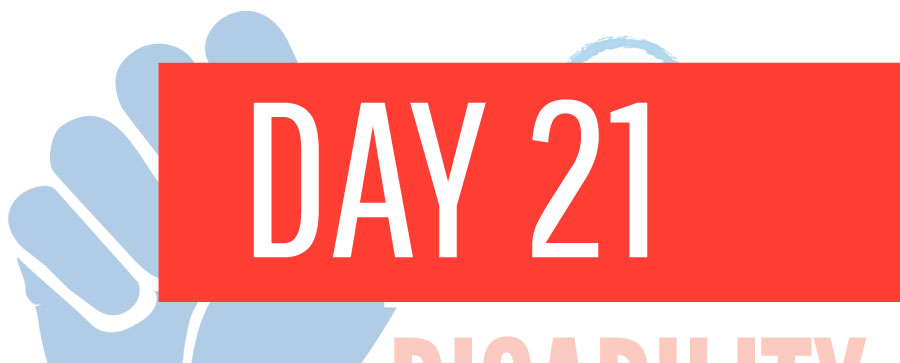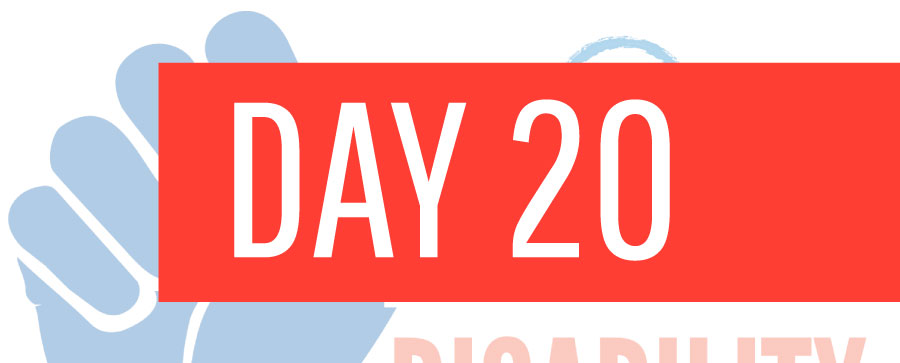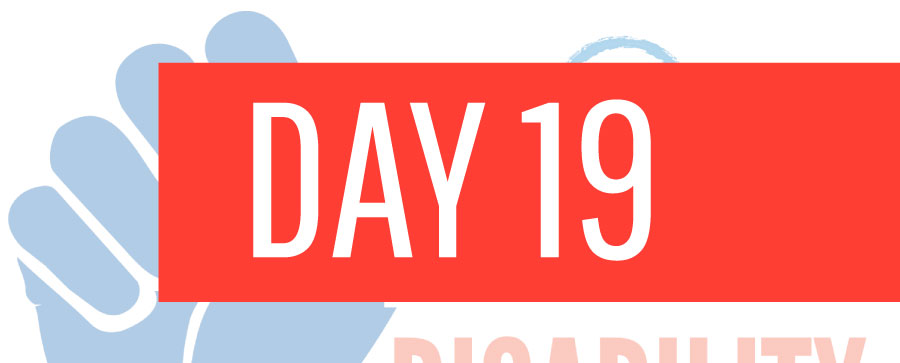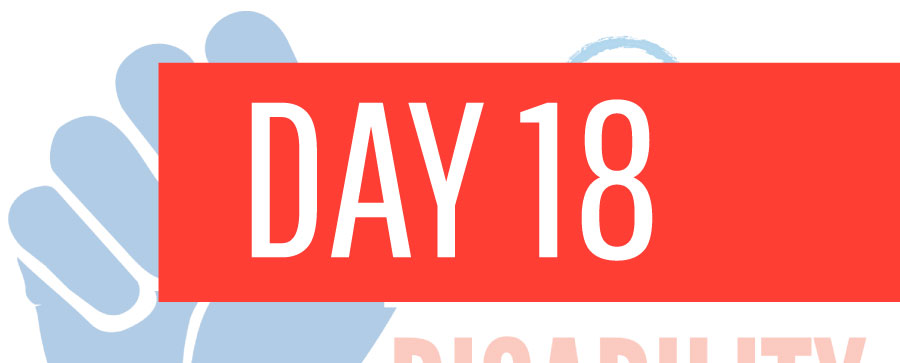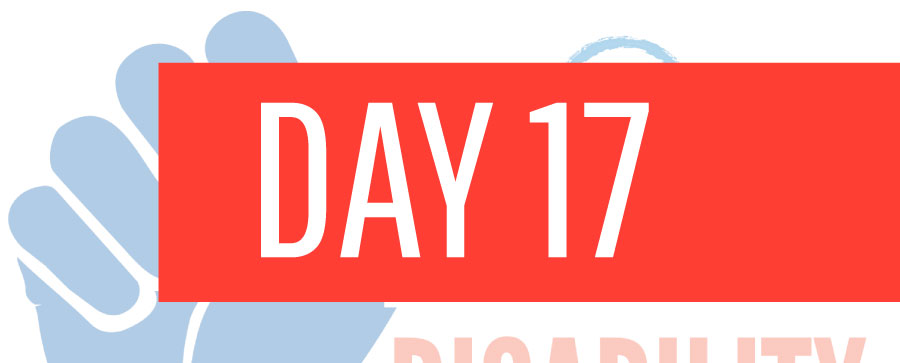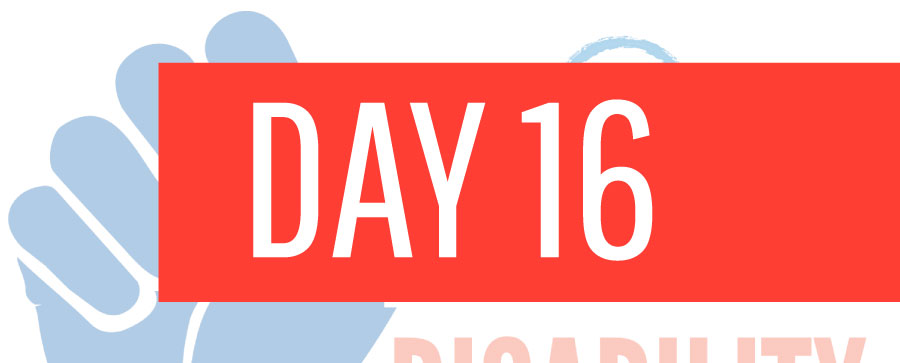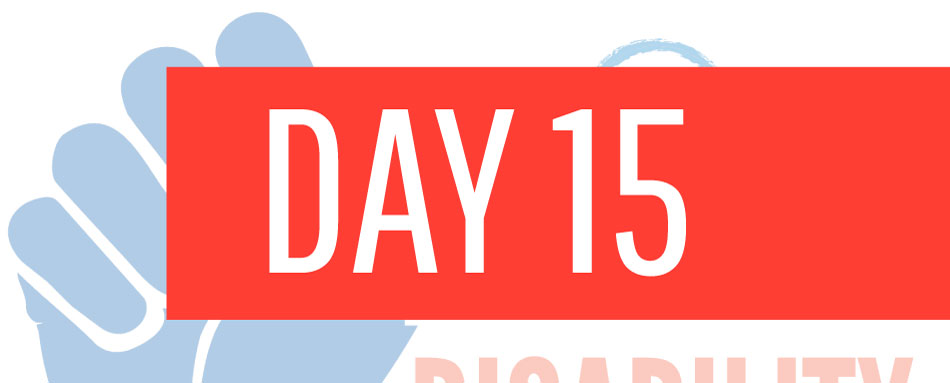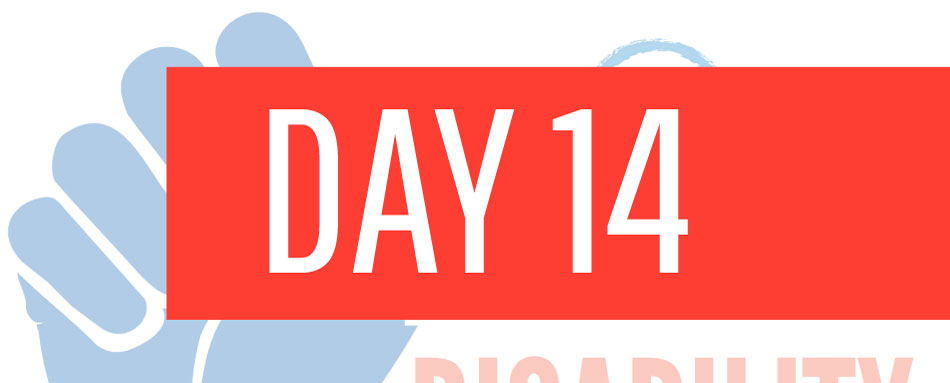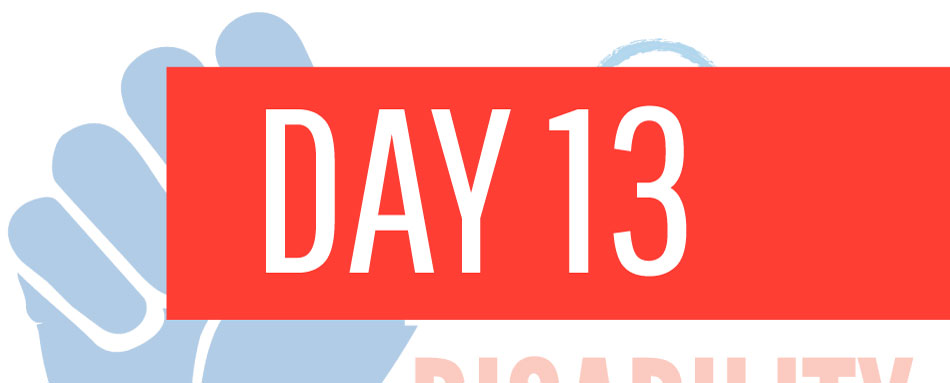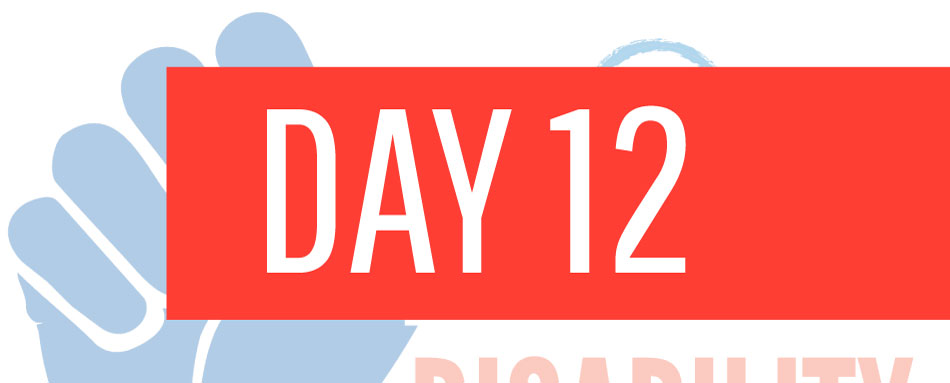21 Day Disability Justice Challenge
Day 21: Resources
Thank you for participating in the 21-Day Disability Equity Challenge. We hope that the information we have shared over the past month has helped you to see disability through a lens of equity, social justice, and pride. We know that this has been a lot of information, and we hope some of it has introduced…
Read MoreDay 20: Allyship
In every social justice movement, there are three groups of people: Those who are impacted by the injustice, those who perpetuate the injustice, and allies. An ally is a member of a dominant group (those not directly oppressed by the injustice) who believes that eliminating oppression benefits everyone. An ally uses their power, privilege, and…
Read MoreDay 19: Disability Pride
DisaDisability Pride raises awareness that people with disabilities can be and are often proud of their disability identity. This pride movement emphasizes that disabilities are a fundamental aspect of human diversity and experience, much like race, gender, or sexual orientation. Disability Pride focuses on the social and holistic models of disability, celebrating disability as a…
Read MoreDay 18: Healthcare Inequality
Content Note: This topic and some of its associated resources mention medical discrimination resulting in disability and death, involuntary institutionalization, abuse and neglect, forced treatment, physical restraint, self-harm, racism, and ableism. People with disabilities experience significant health disparities compared to their non-disabled peers. According to the National Council on Disability, in the United States, people…
Read MoreDay 17: Housing Inequality
Although there are laws in place to protect the housing rights of people with disabilities, discriminatory policies and practices still exist. Barriers to affordable and accessible housing for people with disabilities increase their risk of housing insecurity. One example of a discriminatory housing practice is when property management companies require that applicants earn three times…
Read MoreDay 16: Law Enforcement & the Justice System
Content Note: This topic includes discussions of law enforcement brutality, physical restraint, incarceration, isolation, domestic violence, sexual violence, hate crimes, Islamophobia, mental health crisis, self-harm, suicide attempts, bodily waste, racism, audism, and ableism. In the 1970s, the Independent Living Movement worked to get people with disabilities out of institutions and living in their communities. In…
Read MoreDay 15: Education Inequality
Content Note: This topic and some of its associated resources describe child abuse and neglect, physical restraint, solitary confinement, police brutality, incarceration, racism, mental health crisis, self-harm, suicide, involuntary institutionalization, homelessness, foster care, racism, and ableism. In the United States, federal laws establish a civil right to education for disabled students. The Individuals with Disabilities…
Read MoreDay 14: Alternatives to Guardianship
Approximately 1.3 million adults in the United States have guardians appointed to make decisions on their behalf. Guardianship—known as conservatorship in some states—is the legal process by which an individual assumes the role of decision maker for an adult with a disability through a court order. Guardianship is a powerful tool that significantly restricts a…
Read MoreDay 13: Marriage Inequality
Many people think that marriage inequality for Americans ended in 2015, when the Supreme Court legalized same-sex marriage nationwide in Obergefell v. Hodges. However, another form of marriage inequality remains for people with disabilities. Disabled people often depend on federal benefits, such as Social Security income or Medicaid. However, laws about who qualifies for such…
Read MoreDay 12: Parenting with a Disability
Content Note: This topic and some of its associated resources mention family separation, eugenics, and forced sterilization of disabled people. There are millions of parents with disabilities living in America. Because they are disabled, they are more likely to encounter financial, attitudinal, and medical barriers related to parenting. Parents with disabilities often face the false…
Read More
